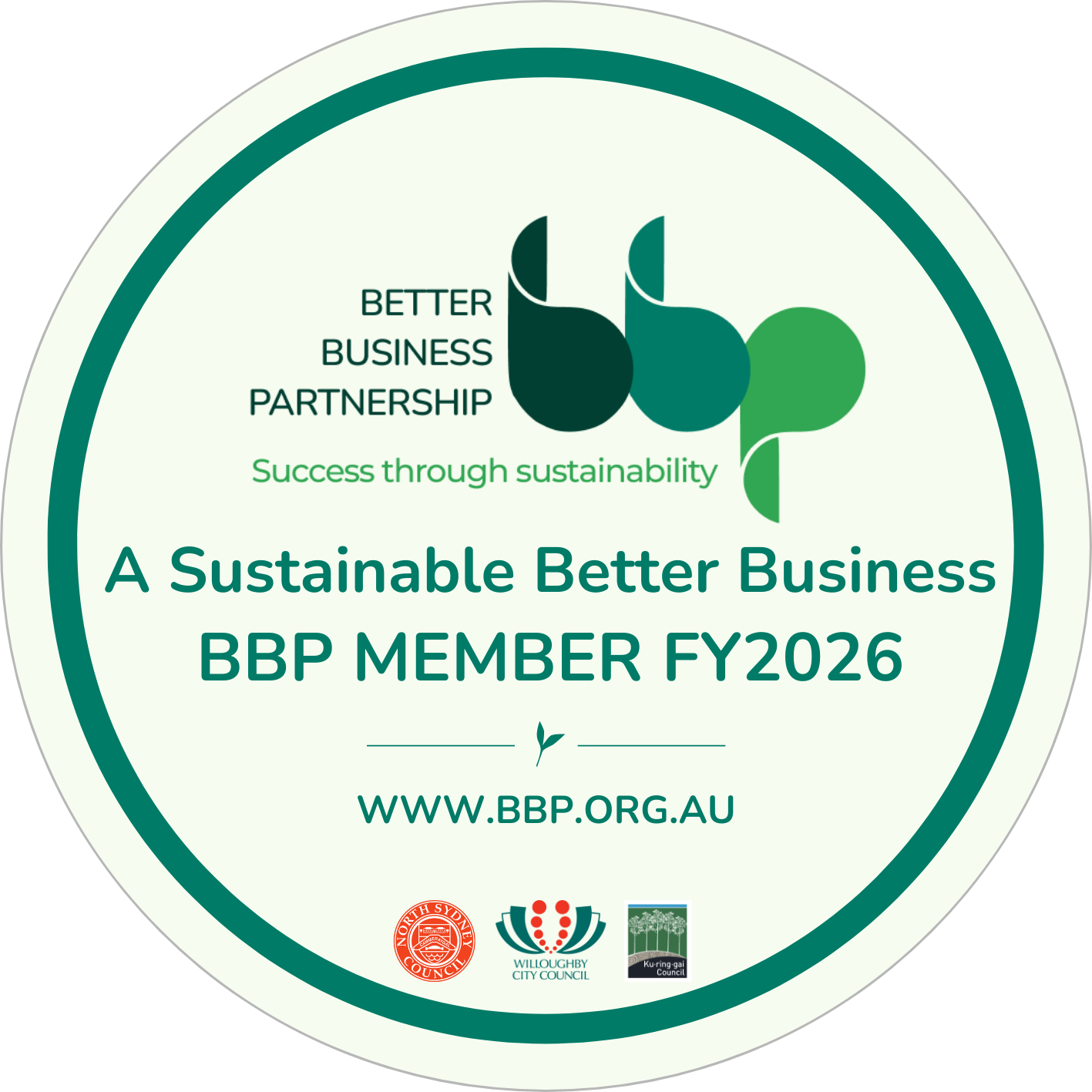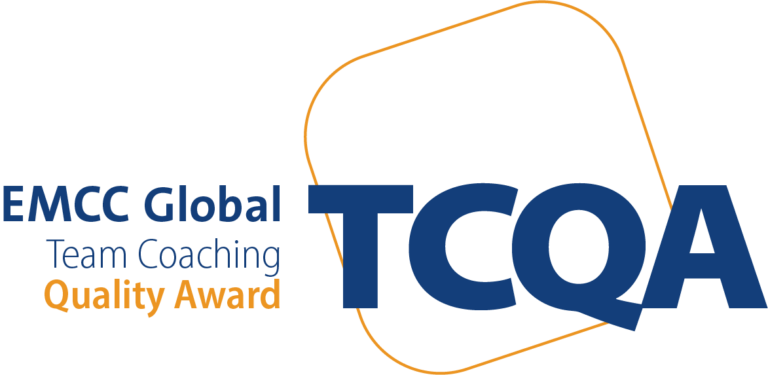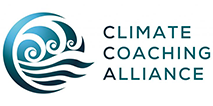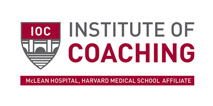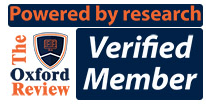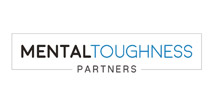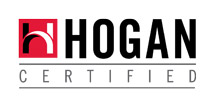10 Leadership lessons from International Coaching in Leadership Forum – Harvard Medical School
Published: Dec 02, 2018
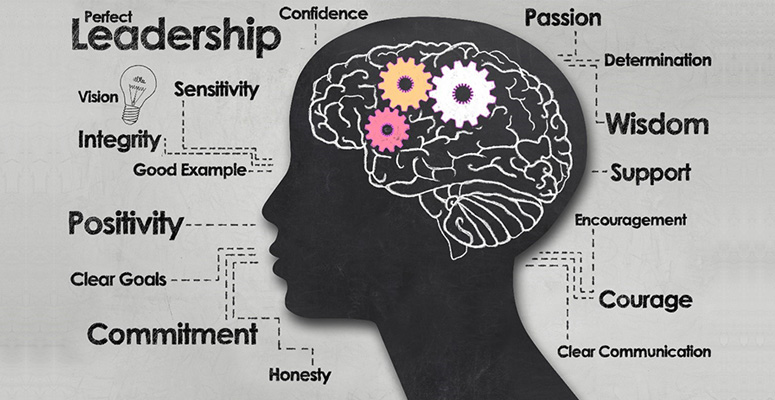
Most of us have heard the trendy managerial acronym VUCA, which stands for volatile, uncertain, complex and ambiguous. Unfortunately, the acronym is trendy for all the wrong reasons – it encapsulates the characteristics of the 21st Century work environment as a result of accelerating and ever-changing megatrends in technology, the economy and geopolitics.
Leading effectively in a VUCA-environment, let alone thriving individually and organisationally, is undoubtedly one of the biggest challenges faced by everyone, regardless of industry, size and location. This was discussed in our last newsletter as we looked at the relationship between wellbeing and high performance, and how to think beyond resilience in an increasingly VUCA organisational environment.
Evidence-based coaches working with C-level leaders are profoundly conscious of these challenges and we relish opportunities to meet, listen to and learn with international leaders (especially if the coach lives in a remote country like Australia!). I was therefore thrilled to be invited to attend the recent International Coaching in Leadership Forum (ICLF) in Boston, organised by the Harvard McClean Medical School Institute of Coaching (IOC).
Exponential Leadership & Exponential Growth
The 2018 ICLF was a unique forum designed to provide a confidential learning environment for attendees and speakers alike: world-class executive coaches and C-level leaders from a wide range of industries and sectors globally. These included STEMM (science, technology, engineering, maths & medicine), FMCG (fast moving consumer goods)
There were several coach-moderated panel discussions with C-level leaders from organisations like Intel, the World Bank, PayPal, WD-40, USA Federal Government (from previous and current US government administrations), Tokidoki, Corent Technology and Harvard Kennedy School, among others. In addition, coaches were given the opportunity to coach these leaders within small breakout groups for a more intimate and realistic experience.
At the end of the 2-day conference we all came together and jointly examined how the world’s best executives navigate the overwhelming pressures from conflicting stakeholders and still deliver their best work.
10 Leadership Insights
These are the 10 lessons I came away with (or provided additional evidence for current practices at ProVeritas Group):
- Better leadership outcomes can be achieved by making mindfulness practice a central aspect of daily life. Mindfulness helps slow down their thinking providing a choice point for balanced decision-making and the development of fundamental leadership capabilities like emotional intelligence.
- Top C-level leaders develop nuanced leadership capabilities within long-term coaching engagements (several years). Coaches help leaders by listening empathetically, validating their situation, and by asking the right what and how questions to elicit deeper insights and hence, more constructive suggestions when tackling complex issues.
- Leaders value the safety and confidentiality of the coaching relationship where they can explore their own development needs (e.g., improve their emotional intelligence), have a sounding board and role-play interpersonal scenarios.
- Top leaders develop coaching skills to help their own teams discover and deliver their best work. Great leaders are great coaches!
- The greatest leaders are not necessarily charismatic. They are humble, positive, lead by example, have character and are resilient.
- Developing and maintaining high levels of resilience was crucial to leadership effectiveness, which women leaders mentioned more frequently than their male counterparts.
- Some women leaders spoke about needing to make difficult decisions when their values were at risk of being compromised, for instance, when working within extreme and systemic toxicity. Often, the difficult decision involved moving on at the appropriate time, avoiding cognitive dissonance and thereby preserving their wellbeing. The role played by executive coaches in the decision-making process is seen as invaluable.
- There are leaders who choose to stay in difficult work environments and influence change. Here, they take a calculated risk to pursue a values-based goal linked to their purpose (a goal bigger than them) by first securing the right level of support within the organisation.
- Unlike the image at the start of this article, there is no such thing as “perfect leadership”. The consensus at the ICLF was that top leaders are indeed at the top BECAUSE they’ve learnt from previous failures.
- Finally, in today’s bizarre VUCA world, leaders who courageously make difficult, and sometimes unpopular, decisions for the benefit of all stakeholders (not just the shareholders) are nothing short of heroic. In was a privilege to meet so many of them at the ICLF.
About the Author:
Recent Articles
- Elevating Science-Based Leadership in Every Boardroom Oct-24-2022
- Narrative Coaching for Planetary Health Oct-03-2022
- Emotional Intelligence: The Key to Exceptional Leadership Jan-31-2022
- A Year in the Life of a Leadership Coach Dec-15-2021
- How to Develop Self-Knowledge and Why it Matters Aug-23-2021





